Dan Russell writes: "There’s a difference between knowing that something exists, being able to find it rapidly with a moment’s worth of research, and then being able to pull together multiple sources of information into a coherent analysis.
In particular, the research skills gap is growing. Students (and teachers, and for that matter, employees) who are able to do rapid and accurate research on a topic have a substantial advantage in getting things done and deepening their understanding.
What’s more, there’s an unexpected second-order effect: those that have developed and sharpened their research skills can grow those research skills over time, increasingly widening the gap from their peers who haven’t mastered that self-teaching nuance. Having research skills isn’t just an optional part of your education—they’re essential. Especially once you know how to do the research to upgrade your research skills."
Via
Mary Reilley Clark



 Your new post is loading...
Your new post is loading...



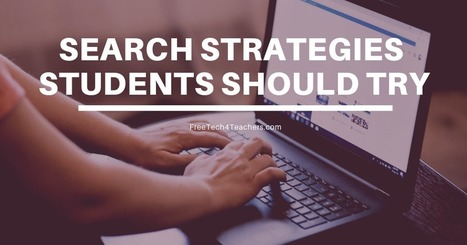
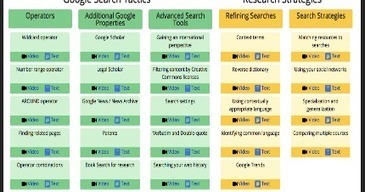
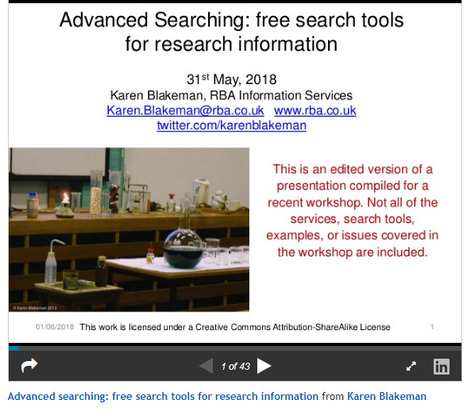

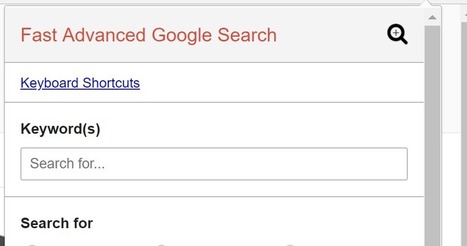


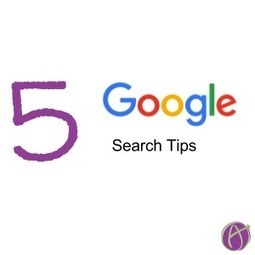
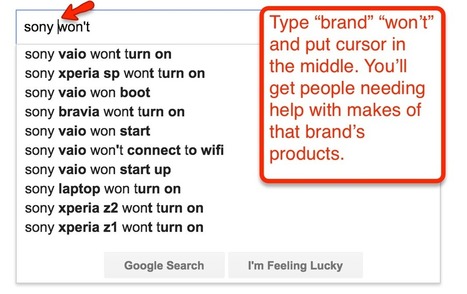


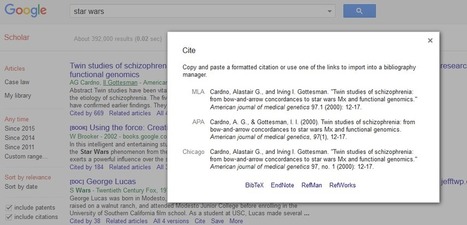

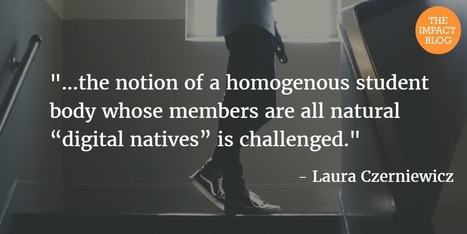









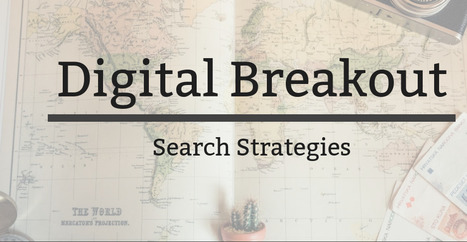
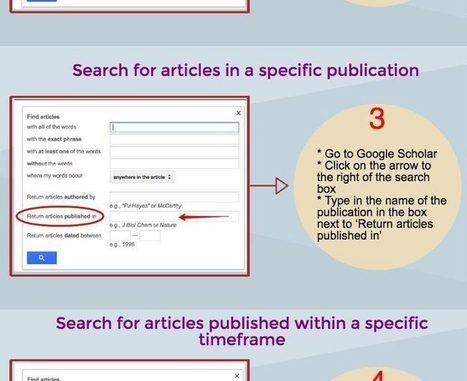


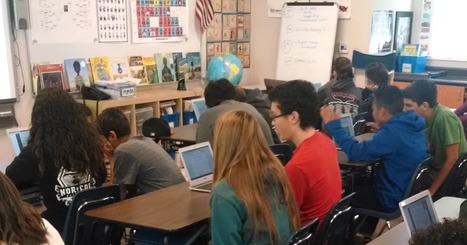





A good overview to share with teachers and students. I've been sharing the concept of lateral searching with students this year. Several have reported how helpful it is when they're researching controversial topics, especially when they find blog posts at the top of their search results. They now look up the blog'a author before continuing to read the post itself. In many cases, they've found no information on that author, which makes them think twice about using that source!